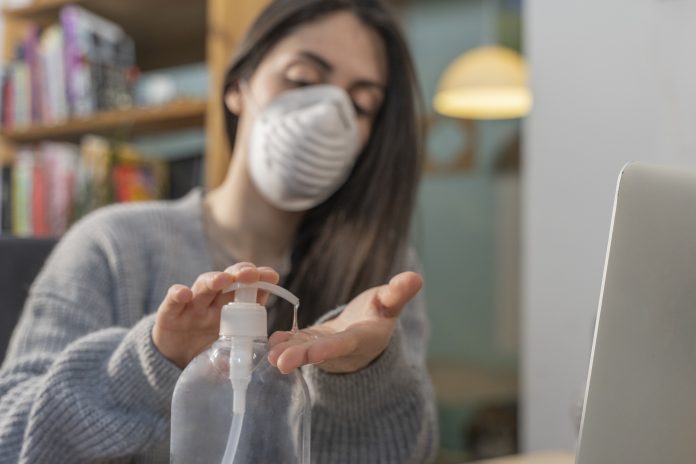Philip Baldwin, a leading LGBTQ and human rights activist, highlights the urgent work the government still need to do to protect vulnerable people during the coronavirus outbreak
Many people, including the LGBTQ community, have been severely impacted by Coronavirus. Social distancing and self-isolation measures, whilst particularly necessary to protect the most vulnerable people, also impact them the hardest.
As a gay man in his thirties, living with HIV, I am personally very fortunate. I have sufficient medication for the next few months and, although it has been a source of anxiety for some people living with HIV, the NHS is adequately stocked.
I take my medication daily and, according to current data, am at no greater risk of catching Coronavirus than anyone else. Some HIV medications are even being used in trials as a potential treatment for Coronavirus.
In an era where there is a lot of misinformation online, particularly at a time of heightened tension, the British HIV Association and HIV charities felt it necessary to warn us not to share our HIV medication with HIV negative people who had heard about the trials. I think this is indicative of the profound uncertainty, desperation and fear many people are experiencing.
I have found the widespread cancellation of LGBTQ Pride events very challenging. Furthermore, some awareness days may effectively be dropped from the calendar. The 26 April is Lesbian Day of Visibility, the 30 April is the anniversary of the Admiral Duncan Bombing and 17 May is International Day Against Homophobia, Transphobia and Biphobia. These are events and milestones which, for the LGBTQ community, are about remembering our history, reaffirming our sometimes fragile identities and highlighting areas where we still face persecution.
I will be making an effort to mark these days in some form. During this period of loss, restrictions on our movement and the huge reduction in social interaction, we should cling onto and celebrate what we can, even if this is only online.
Charities had to adapt quickly, not just to the “lockdown” restrictions, but also to increased demand, as the most vulnerable in our society need additional support and those previously not vulnerable were suddenly impacted by loneliness, anxiety or depression.
Positive East
The work that Positive East, London’s largest HIV charity, is currently doing, illustrates how people have been hit by Coronavirus and how organisations can effectively adapt.
Positive East shut its doors for face-to-face services on 16 March, with the last HIV testing session taking place on 18 March. Mark Santos, the CEO of Positive East, told me that the charity has rapidly undergone a digital transformation. Much of the infrastructure was already in place, allowing most services to continue and more to be added in light of the pandemic.
Positive East is able to offer advice to HIV positive people about a range of services, including how to access benefits, food banks, hardship funds, local authority services, as well as maintaining peer support and following up with vulnerable people.
Many of the people helped by Positive East were already impacted by poverty before Coronavirus. The advice provided by the charity has become even more important, as the number of people accessing Universal Credit has dramatically increased and the Government support available has changed in response to Coronavirus.
Positive East has increased online support groups, examples of which include advice for HIV positive people on navigating the pandemic in terms of their physical health, as well as therapy and meditation. An important facet to this is giving people a space to express their anxiety, as HIV positive people can be more isolated socially.
The Positive East website includes information on how to access HIV testing kits as well as free condoms. The GMI Partnership, a collaboration between METRO Charity, Spectra and Positive East has created a survey about sexual health during the pandemic. If you are 16+ and living in London I encourage you to participate
The work Positive East is doing provides an insight into what the most vulnerable people in our society need. A lot of this support will have to come directly from the Government, but it is going to require everyone within the public sector, charities and many volunteers to effectively minimise the impact of Coronavirus.
To donate please visit: https://www.positiveeast.org.uk/support-us/
You can follow Philip’s journey on instagram @phlilipcbaldwin











